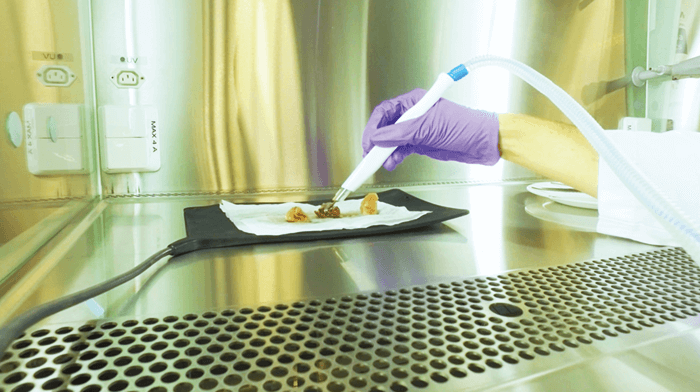
What is your goal?
I develop advanced data analysis methods for MSI of cancer tissues – revealing molecular heterogeneity within apparently homogeneous tumors. Intra-tumor heterogeneity plays an important role in therapeutic failures and progression of the disease. I want to use MSI to pinpoint clinically detrimental tumor subpopulations for further in-depth investigation.




